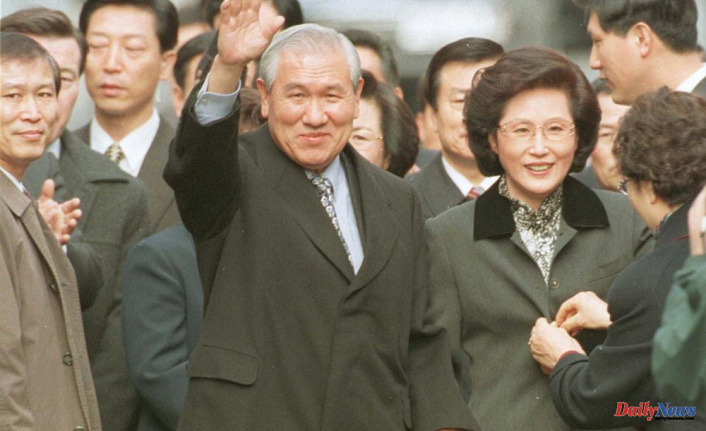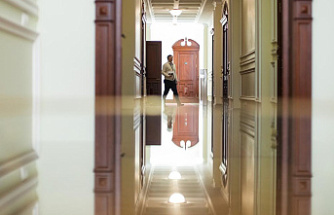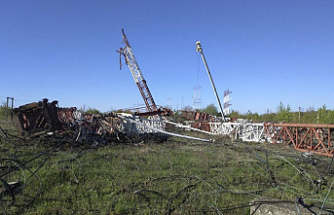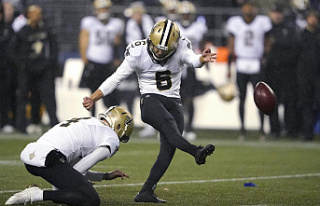Roh, who was president of South Korea from 1988-1993 died from complications from various illnesses. This happened after his condition deteriorated while he was battling a degenerative disorder. Kim Yon-su of Seoul National University Hospital spoke at a news conference.
Roh was a key player in the 1978 military coup that made Chun Doohwan, his army friend, president of the coup after Park Chung-hee was assassinated after 18 years of rule.
Roh led his army division to Seoul, where he joined other military leaders in the pursuit of the capital. The military led by Chun and other coup leaders began a brutal crackdown against pro-democracy protesters south of Gwangju. This resulted in about 200 deaths. It was one of the most tragic moments in South Korea’s turbulent recent history.
Roh was Chun’s hand-picked successor. This would have guaranteed him the presidency in an easily indirect election. However, a pro-democracy revolt in 1987 forced Roh to accept a direct presidential vote that was seen as the beginning of South Korea's transition towards democracy.
Despite his military history, Roh managed to project a calm and genial image throughout the campaign. This was largely due to a split of liberal votes between Kim Young-sam's opposition and Kim Dae-jung who later became presidents.
Roh pursued close ties with communist countries during his five-year term under his "Northward Diplomacy", as communism collapsed in Eastern Europe and the Soviet Union disintegrated.
South Korea was at the time deeply anti-communist due to its rivalry against North Korea. However, Roh opened diplomatic relations with Hungary in 1989, which was the year that the Berlin Wall fell, and communism collapsed across Eastern Europe.
Roh's government established relations in 1990 with the Soviet Union and 1992 with China. Roh's government improved relations with North Korea, with both sides holding their first ever prime ministers' talks and adopting a landmark joint declaration on denuclearization, the Korean Peninsula, and membership to the United Nations.
Roh was responsible for the 1988 Summer Games, which were held in Seoul. These final Olympics of the Cold War Era showed how South Korea had emerged from the ashes and wounds of the 1950-53 Korean War. North Korea boycotted 1988's games.
Since then, the ties between the Koreas have seen ups and downs. Despite multiple denuclearization promises -- including one made by Roh during Roh's presidency - North Korea continues to maintain its nuclear weapons program, which it considers a means for survival.
Roh was often criticized for his lack of charismatic leadership and aggressiveness in domestic politics. His nickname, Mul (Water) Taewoo," meant that his administration was without color or taste. In contrast to his authoritarian predecessors Park and Chun, he still allowed more political criticism. Park and Chun's governments often used security laws against political opponents and restricted speech to protect themselves from North Korean threats.
Kim Young-sam was appointed as his successor to investigate the coup and military-led crackdown. Roh was then arrested and convicted of mutiny and treason. He received a 22 year and six month sentence. Chun was sentenced death.
These sentences were reduced by the Supreme Court to 17 years for Roh and life imprisonment for Chun. Both Roh and Chun spent approximately two years in prison. In late 1997, the Supreme Court granted a special pardon to Kim Dae-jung who requested it. This was in an effort to bring about national reconciliation in Asia's financial crisis.
Roh had avoided the public eye since his release from prison. He also avoided political speeches and other activities. He has suffered from prostate cancer, asthma and cerebellar atrophy in recent years.
Roh So-young's daughter wrote last April on Facebook that her father was bed-bound for the past 10 years and had lost his ability to move or speak. Roh So-young said that her father made some eye gestures to communicate but then looked "a tearful face" when it was not possible to express his emotions properly.
Roh Jae-heon's son, Roh Jaeheon, offered numerous apologies over 1980 crackdowns. He also visited a Gwangju cemetary to pay his respects to the victims buried there for his father, who was bedridden.
However, Chun, who is reportedly suffering from Alzheimer's disease as well as a blood cancer, has not yet apologized for the crackdowns.
In August last year, Chun was called to Gwangju to defend himself against accusations that he had defamed a Catholic priest who had testified about seeing Chun's troops firing at protesters from Gwangju helicopters. After 20 minutes Chun, who was suffering from breathing difficulties, left the court. Chun described the priest as "a shameless liar" in his memoirs.
A court had previously ordered both Roh and Chun to repay hundreds of millions of dollars they illegally collected. According to South Korean media reports, Chun has not paid his shares back.
Roh is survived his wife and their two young children.












